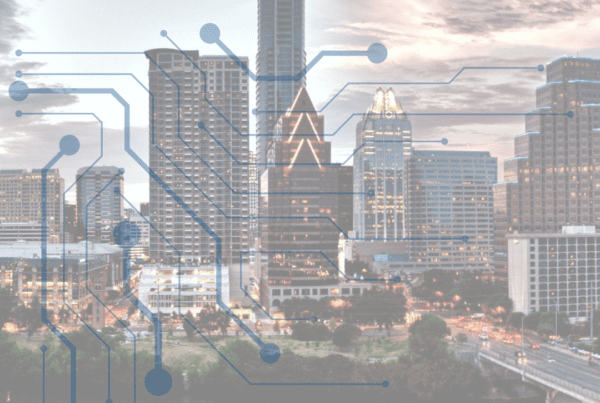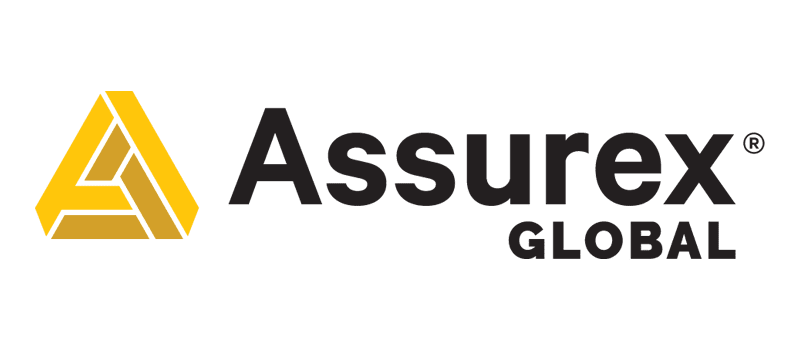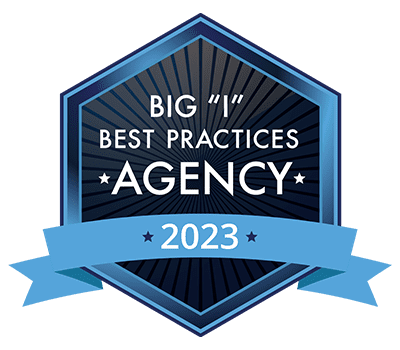The U.S. Small Business Administration (“SBA”) is working directly with state governors to provide targeted, low-interest loans to small businesses and nonprofits that have been severely impacted by the coronavirus disease (COVID-19). This document will serve as an overview of SBA resources that provide small businesses with working capital loans that can provide vital economic support to small businesses to help overcome the temporary loss of revenue they are experiencing.
The SBA’s goal is to be available to assist small businesses with accessing federal resources and navigating their own preparedness plans. SBA works with a number of local partners to counsel, mentor and train small businesses. The SBA has 68 district offices, as well as support provided by its resource partners, such as SCORE offices, Women’s Business Centers, Small Business Development Centers and Veterans Business Outreach Centers. When faced with a business need, use the SBA’s Local Assistance Directory to locate the office nearest you.
General COVID-19 Loan Programs
The Paycheck Protection Program prioritizes millions of Americans employed by small businesses by authorizing up to $349 billion toward job retention and certain other expenses. Small businesses and eligible nonprofit organizations, Veterans organizations, and Tribal businesses described in the Small Business Act, as well as individuals who are self-employed or are independent contractors, are eligible if they also meet program size standards. Under this program:
- Eligible recipients may qualify for a loan up to $10 million determined by 8 weeks of prior average payroll plus an additional 25% of that amount.
- Loan payments will be deferred for six months.
- If you maintain your workforce, SBA will forgive the portion of the loan proceeds that are used to cover the first 8 weeks of payroll and certain other expenses following loan origination.
Click here to learn more.
The SBA’s Economic Injury Disaster Loan program provides small businesses with working capital loans of up to $2 million that can provide vital economic support to small businesses to help overcome the temporary loss of revenue they are experiencing. The loan advance will provide economic relief to businesses that are currently experiencing a temporary loss of revenue. Funds will be made available within three days of a successful application, and this loan advance will not have to be repaid
In addition, in response to the Coronavirus (COVID-19) pandemic, small business owners in all U.S. states, Washington D.C., and territories are eligible to apply for an Economic Injury Disaster Loan advance of up to $10,000.
The SBA Debt Relief program will provide a reprieve to small businesses as they overcome the challenges created by this health crisis. Under this program:
- The SBA will also pay the principal and interest of new 7(a) loans issued prior to September 27, 2020.
- The SBA will pay the principal and interest of current 7(a) loans for a period of six months.
Access to Capital
In addition to the loans discussed above, the SBA provides a number of other loan resources for small businesses to utilize when operating their business. For more information on loans or how to connect with a lender, click here. The loan programs offered by SBA include:
The 7(a) program offers loan amounts up to $5 million and is an all-inclusive loan program deployed by lending partners for eligible small businesses within the United States and its territories.
The uses of proceeds include: working capital, expansion/renovation, new construction, purchase of land or buildings, purchase of equipment and fixtures, lease-hold improvements, refinancing debt for compelling reasons, seasonal line of credit, inventory or starting a business.
The Express loan program provides loans up to $350,000 for no more than seven years with an option to revolve. There is a turnaround time of 36 hours for approval or denial of a completed application. The uses of proceeds are the same as the standard 7(a) loan.
The Community Advantage loan pilot program allows mission-based lenders to assist small businesses in underserved markets with a maximum loan size of $250,000. The uses of proceeds are the same as the standard 7(a) loan.
The 504-loan program is designed to foster economic development and job creation and/or retention. The eligible use of proceeds is limited to the acquisition or eligible refinance of fixed assets.
The Microloan program involves making loans through nonprofit lending organizations to underserved markets. Authorized use of loan proceeds includes working capital, supplies, machinery and equipment, and fixtures (does not include real estate). The maximum loan amount is $50,000, with the average loan size of $14,000.
Exporting Assistance
The SBA provides export loans to help small businesses achieve sales through exports and can help these businesses respond to opportunities and challenges associated with trade, such as COVID-19. The loans are available to U.S. small businesses that export directly overseas, or those that export indirectly by selling to a customer that then exports their products. Some of such programs offered by SBA include:
Export Express loan program allows access to capital quickly for businesses that need financing up to $500,000. Businesses can apply for a line of credit or term note prior to finalizing an export sale or while pursuing opportunities overseas, such as identifying a new overseas customer should an export sale be lost due to COVID-19.
Export Working Capital program enables small businesses to fulfill export orders and finance international sales by providing revolving lines of
credit or transaction-based financing of up to $5 million. Businesses could use a loan to obtain or retain overseas customers by offering attractive payment terms.
International Trade loan program helps small businesses engaged in international trade to retool or expand to better compete and react to changing business conditions. It can also help exporting firms to expand their sales to new markets or to re-shore operations back to the United States.
Government Contracting
The SBA is focused on assisting with the continuity of operations for small business contracting programs and small businesses with federal contracts. More specifically:
The 8(a) Business Development program serves to help provide a level playing field for small businesses owned by socially and economically disadvantaged people or entities, and the government limits competition for certain contracts to businesses that participate. The 8(a) program offer and acceptance process is available nationwide, and the SBA continues to work with federal agencies to ensure maximum practicable opportunity to small businesses. Participants of the 8(a) program should stay in touch with their Business Opportunity Specialist (BOS).
HUBZone program offers eligibility assistance every Thursday from 2-3 p.m. ET at 1-202-765-1264; access code 63068189#. Members of the HUBZone team answer questions to help firms navigate the certification process.
Women-owned small businesses that have questions, should visit the Woman-owned Small Business Federal Contracting program website, or write to wosb@sba.gov.
If a situation occurs that will prevent small businesses with government contracts from successfully performing their contract, they should reach out to their contracting officer and seek to obtain extensions before they receive cure notices or threats of termination. The SBA’s Procurement Center Representatives can assist affected small businesses to engage with their contracting officer.
Use the Procurement Center Representative Directory to connect with the representative nearest you.
Source: U.S. Small Business Administration







